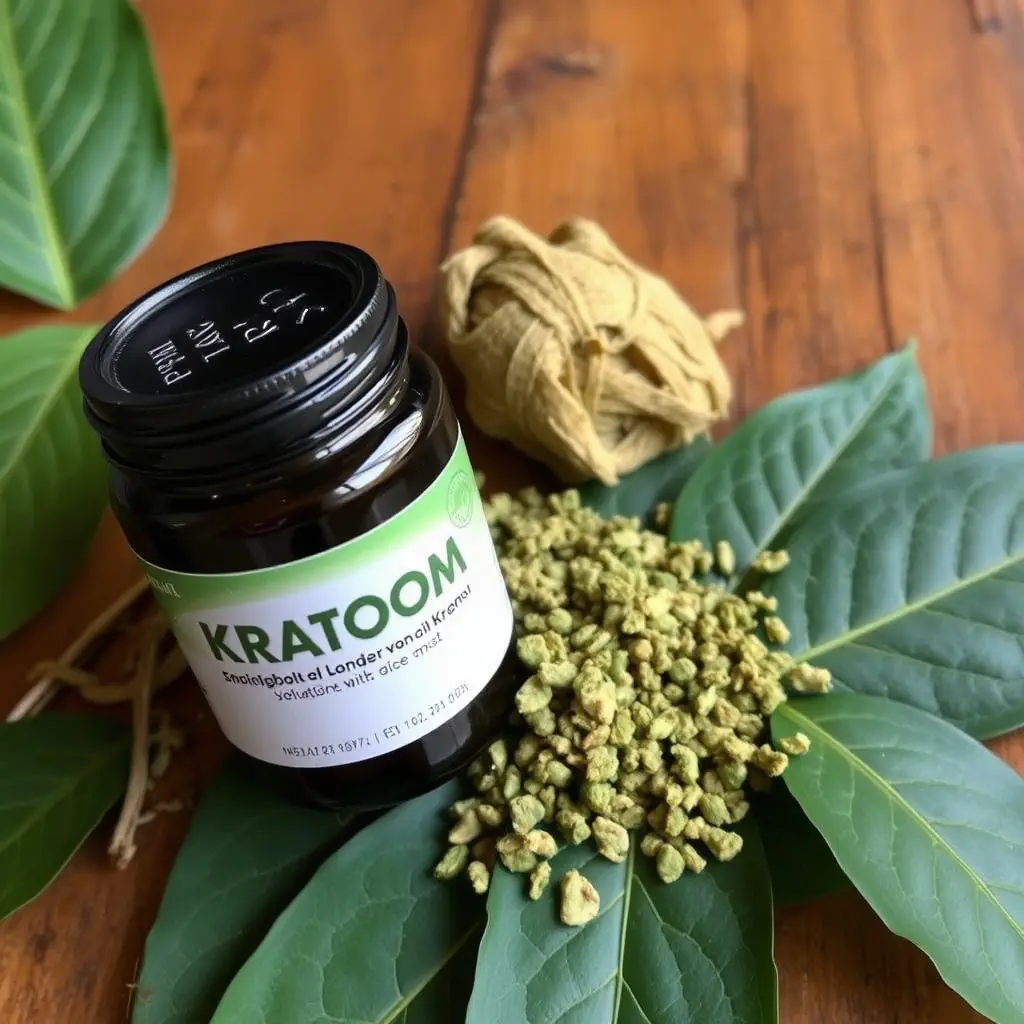Kratom, derived from Mitragyna speciosa, offers potential cardiovascular benefits through its key compounds mitragynine and 7-hydroxymitragynine. Consumed as capsules (1-3 per day), kratom may lower blood pressure, reduce inflammation, and support heart health. Starting with low doses and adjusting based on individual responses is crucial to safely explore its effects, especially determining the optimal dosage of kratom capsules for cardiovascular support.
Kratom, derived from the tropical tree Mitragyna speciosa, has gained attention for its potential health benefits, including improved cardiovascular health. This natural herb has been used for centuries in Southeast Asia and is now gaining traction globally. In this article, we’ll explore how kratom can positively impact your heart. We’ll delve into the science behind its effects, provide dosage guidelines on how many kratom capsules to take, and offer insights into its potential as a natural booster for cardiovascular well-being.
- Understanding Kratom and Its Potential Benefits for Cardiovascular Health
- Dosage Considerations: How Many Kratom Capsules to Take?
- Exploring the Science Behind Kratom's Impact on Heart Health
Understanding Kratom and Its Potential Benefits for Cardiovascular Health
Kratom, a natural herb derived from the tropical tree Mitragyna speciosa, has gained attention for its potential health benefits, including improvements in cardiovascular health. This plant-based substance is commonly consumed through capsules, powder, or tea, with each form offering a unique way to experience its effects. The key active compounds in kratom, known as mitragynine and 7-hydroxymitragynine, have been linked to various physiological processes that can positively impact the cardiovascular system.
Research suggests that kratom may help lower blood pressure and improve heart health by relaxing blood vessels and promoting better circulation. Additionally, its anti-inflammatory properties could contribute to reducing risks associated with cardiovascular diseases. Determining the right dose is crucial when considering kratom for cardiovascular health. Starting with a low dosage of 1-3 capsules (typically containing 500mg each) can allow individuals to gauge their tolerance and experience the herb’s effects safely. Adjusting the intake based on individual responses is essential, as personal reactions to kratom can vary significantly.
Dosage Considerations: How Many Kratom Capsules to Take?
When considering kratom for improved cardiovascular health, understanding the correct dosage is paramount. The recommended starting point for most individuals is typically 1-3 capsules, taken 2-3 times daily. This initial range allows for gauging personal tolerance and desired effects while minimizing potential side effects.
The number of capsules per dose can be adjusted based on individual responses. Those with mild cardiovascular concerns might find lower doses effective, while those seeking more robust support may opt for higher amounts. It’s crucial to remember that kratom’s effects can vary widely between users, so close attention to how your body responds is essential when determining the optimal dosage—how many kratom capsules to take—for your needs.
Exploring the Science Behind Kratom's Impact on Heart Health
Kratom, derived from the tropical plant Mitragyna speciosa, has long been used for its pain-relieving and mood-boosting properties. However, recent scientific studies are uncovering a potentially significant benefit: its impact on cardiovascular health. Researchers have begun to explore how kratom interacts with various physiological processes in the heart and blood vessels.
One of the key mechanisms suggested is its effect on adrenergic receptors, which play a crucial role in regulating heart rate and blood pressure. Additionally, some studies imply that kratom’s opioid-like properties might contribute to its positive influence on cardiovascular function. Determining the optimal dosage, such as the common practice of taking 1-3 capsules (typically containing 500mg each) for mild effects, is essential in exploring these potential benefits while ensuring safety. Further research could provide valuable insights into how kratom can support overall heart health and whether it offers a natural approach to managing cardiovascular conditions.
Kratom has gained attention for its potential cardiovascular benefits, offering a natural approach to heart health. By understanding its effects and adhering to recommended dosage guidelines, such as determining the optimal number of kratom capsules to consume, individuals can explore the possible advantages. Further scientific exploration is needed to fully comprehend kratom’s impact on the heart, but initial studies suggest it may contribute to improved cardiovascular function. Always consult with a healthcare professional before incorporating any new supplement into your routine, especially when considering dosages like those of kratom capsules.





